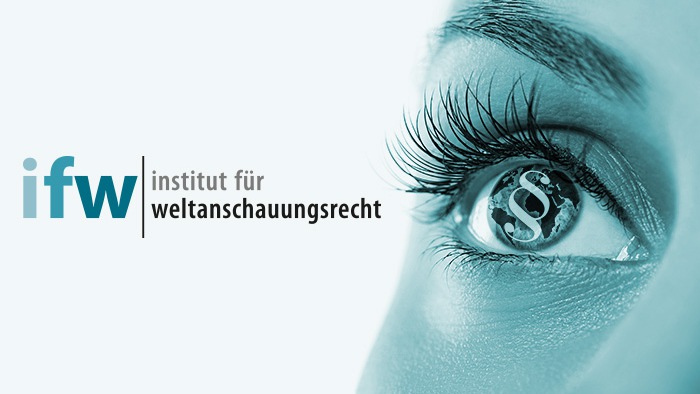Criminal Charges Against Sexual Offenders in the Catholic Church Throughout Germany
Lawyers demand preliminary investigations in all German dioceses
Much has been said about the abuse scandal, now it is time to act: Six renowned law professors in collaboration with the Insitut für Weltanschauungsrecht (ifw - Institute for Secular Law) filed criminal charges with the public prosecutor's offices responsible for the 27 dioceses in Germany on Friday. In their eleven-page explanatory statement the legal experts argue that in the Catholic abuse scandal there is an urgent need to initiate "investigation measures to convict the perpetrators", "for example, to investigate archives and confiscate complete, non-anonymous files".
In their letter, the professors of criminal law Holm Putzke, Rolf Dietrich Herzberg, Eric Hilgendorf, Reinhard Merkel, Ulfrid Neumann, and Dieter Rössner are surprised "how reticent the state and the public are (so far) in dealing with the alarming initial suspicion of serious crimes". This is possibly due to an "intuitive perception of the church's sacrosanct independence" prevailing in Germany. In the USA, for example, this is different: criminal investigations have already been initiated there as a result of the abuse scandal.
The legal situation in Germany is also unambiguous: "There are no fundamental exceptions from criminal prosecution for the church and its priests, such as the immunity of parliamentarians or diplomats. There is also no right of the church (e.g. with reference to canon church law and its own penal power) to keep its institution free from legal action."
The rule of law must ensure that "the minimal ethics of criminal law, which are oriented towards the protection of human rights, are enforced and that personal responsibility is established". Otherwise, the "juridical confidence of the public in the secular state" is at stake. After a discussion of the available findings on sexual abuse by clerics, the limitation periods, and the provisions of the Strafprozessordnung (StPO - Code of Criminal Procedure), the lawyers, in cooperation with the Institut für Weltanschauungsrecht (ifw - Institute for Secular Law), reach a clear conclusion: "The prerequisites for the commencement of investigations, in particular sufficient factual evidence for the commission of criminal offences, § 152 (2) StPO, are met; the same applies to the option of search warrants (§§ 103, 105 StPO)". It is therefore imperative that "appropriate investigations are initiated. The public prosecutor's offices must request that the relevant documents be handed over by the dioceses. Possibly impending statutes of limitations require rapid action as well. In which cases the statute of limitations may actually have occurred will be determined only after evaluation of the archives."
The legal experts' statements end with a striking comparison: "Imagine that a branch of the Calabrian mafia 'Ndrangheta' had granted a researcher access to their archives located in Germany. Subsequently, he would have published a study in which he describes numerous crimes committed in Germany between 1990 and 2014, for example, after which the 'godfather' verbosely apologizes to the victims but at the same time refuses to hand over the files to the police or name the perpetrators. No day would pass until the police confiscated all files in all mafia archives on German soil in order to investigate and prosecute the perpetrators. There is no obvious reason why this should be different in the case of the Catholic Church."
The Institut für Weltanschauungsrecht published the sample text of the 27 criminal charges against the so far unknown perpetrators of the dioceses of Aachen, Augsburg, Bamberg, Berlin, Dresden-Meißen, Eichstätt, Erfurt, Essen, Fulda, Freiburg, Görlitz, Hamburg, Hildesheim, Cologne, Limburg, Magdeburg, Mainz, Munich and Freising, Münster, Osnabrück, Paderborn, Passau, Regensburg, Rottenburg-Stuttgart, Speyer, Trier, and Würzburg on Sunday evening on its website. The news magazine "Der SPIEGEL" reports on the criminal charges in its current issue (44/2018).

